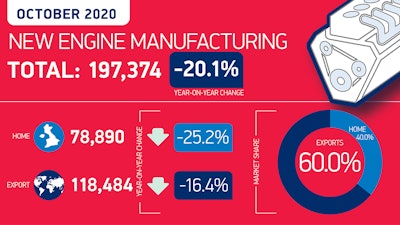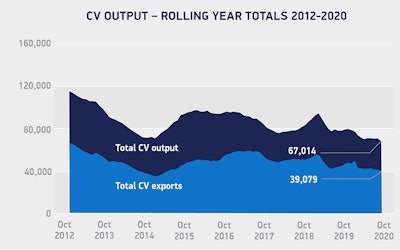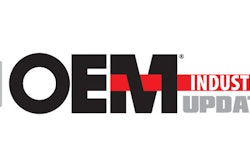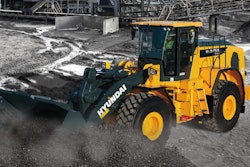
UK commercial vehicle (CV) production decreased by 25.6% in October 2020, with 6,761 units manufactured, according to figures released by the Society of Motor Manufacturers and Traders (SMMT). Output for both overseas and domestic markets declined, by -21.1% and -30.4% respectively, as worries over recovery post-pandemic were compounded by the looming threat of a ‘no deal’ Brexit.
Factories turned out 2,326 fewer buses, coaches, vans, trucks and taxis than in the same month in 2019, as output for the domestic market fell for the first time since May, in spite of the wider CV and logistics sectors working double-time to keep the country moving throughout the pandemic. The number of units manufactured for export also decreased 21.1%, making up 54.5% of total production in the month.
Performance in the year to date remains down, falling by 18.1% overall, with a shortfall of 11,256 units in the first 10 months of the year. All told, just over 50,000 new commercial vehicles have been made in Britain this year.
Meanwhile, October saw only 76 buses built in Britain, down 34.5%. The impact of social distancing continued to affect operator confidence, with bus production now down 52.9% in the year to date. The government's recent pledge to deliver the first 800 new zero-emission buses by the end of this financial year, as part of the Prime Minister’s commitment in early 2020 to fund 4,000 of these vehicles, should offer some relief for the struggling bus manufacturing sector.
Mike Hawes, SMMT Chief Executive, says, “These figures demonstrate the immense pressure the commercial vehicle sector is under in these unprecedented times. During the pandemic the industry has stepped up, flexing to meet demand while, as always, putting safety first. CV output is decreasing, however, and orders at home and overseas are down as operators delay fleet renewal due to covid pressures, exacerbated, in the UK at least, by Brexit uncertainty. Mass fleet electrification and economic recovery will only come if we can ensure the long-term competitiveness of UK Automotive. This starts with a favorable Brexit deal, with zero tariffs and rules of origin that encompass not just existing products but the next generation of zero emission capable technologies.”
The news comes as the sector awaits the outcome of prolonged Brexit trade deal negotiations.
 Society of Motor Manufacturers and Traders (SMMT)
Society of Motor Manufacturers and Traders (SMMT)
Engine production declines in October
UK engines built in October reached 197,374 units, a decline of 20.1%. Production for domestic and overseas markets fell 25.2% and 16.4% respectively. Year-to-date output remains down -30.1% as sector faces triple whammy of coronavirus, Brexit and 2030 end of sale date.
Hawes says, “Another month of decline in UK engine production is extremely worrying. Manufacturers, who have already spent significant sums on responding to the pandemic and preparing for Brexit, must now contend with an end of sale date for internal combustion engines in under a decade. We must ensure that in the transition to electrification our skilled engine making workforce is not left behind. That’s why we need to see a new and comprehensive industrial strategy introduced in 2021, starting with the delivery of the Automotive Transformation Fund, to ensure the UK remains a competitive place to produce ultra-low and zero emission cars and powertrains.”
 Society of Motor Manufacturers and Traders (SMMT)
Society of Motor Manufacturers and Traders (SMMT)



















